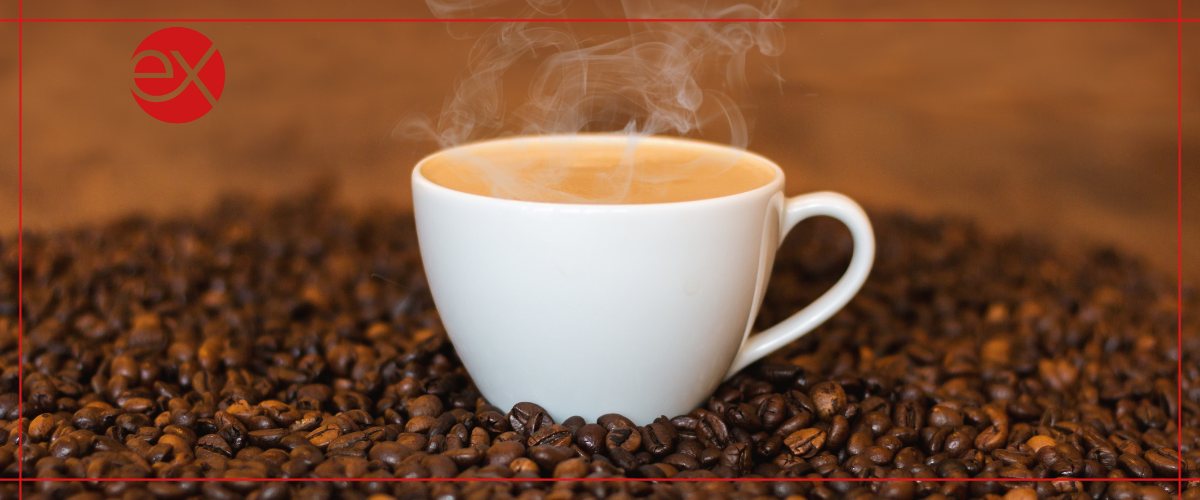
The International Society of Sports Nutrition has put out a position statement regarding caffeine intake and exercise performance.(Guest et al., 2021) Interestingly, they state caffeine has consistently been shown to improve exercise performance at doses of 3-6 mg/kg body mass. But caffeine content in a cup of coffee can vary widely depending on the type of coffee, brewing method and serving size making it challenging to make a recommendation. For an 80kg male 2 to 3 cups of coffee (average 95mg per cup of coffee) is a general recommendation to achieve this dosage.* Coffee is best consumed about 60 minutes prior to aerobic exercise.
Athletes have been experimenting with substance consumption to enhance exercise performance since the 1900’s. We are grateful things have moved on from the days of cocaine, strychnine and heroin as experimental ergogenic aids. In the case of cocaine, the drug distorts a person’s perception making them feel as though their performance is improving when in fact it clearly reduces endurance exercise capacity.(Avois et al., 2006) Too much caffeine can also have detrimental consequences (albeit not as catastrophic as cocaine!). High doses can cause anxiety, insomnia and nervousness. And in some individuals these symptoms occur at relatively low doses.(Yang et al., 2010) Hypertensive individuals are more likely to experience rises in blood pressure after repeated administration of caffeine.(Nurminen et al., 1999) And yet, habitual heavy use of caffeine has been shown to be protective against cardiovascular disease.(Andersen et al., 2006)
So how do we use this knowledge for athletes?
Your response to caffeine appears to be, in part, related to genetics. You don’t have access to genetic testing to assess your response to caffeine so symptoms are a good start. One idea is to keep a diary measuring responses to caffeine including athletic performance, blood pressure, anxiety and insomnia. And whatever you do, avoid cocaine – it doesn’t work!
*To calculate how many cups of coffee an 80 kg man should drink to consume caffeine at a dosage of 3-6 mg/kg of body mass, you can follow these steps:
Determine the range of caffeine dosage:
Minimum dosage: 3 mg/kg
Maximum dosage: 6 mg/kg
Calculate the total caffeine intake range for an 80 kg man:
Minimum caffeine intake: 3 mg/kg * 80 kg = 240 mg
Maximum caffeine intake: 6 mg/kg * 80 kg = 480 mg
Determine the caffeine content in an average cup of coffee. The caffeine content in a cup of coffee can vary widely depending on factors such as the type of coffee, brewing method, and serving size. On average, an 8 oz (240 ml) cup of brewed coffee contains approximately 95 mg of caffeine. However, this can range from about 30 mg to 200 mg or more depending on the factors mentioned.
Calculate the number of cups needed for the range of caffeine intake:
Minimum cups needed: 240 mg / 95 mg per cup (minimum caffeine content) = approximately 2.53 cups
Maximum cups needed: 480 mg / 200 mg per cup (maximum caffeine content) = approximately 2.40 cups
Given the range of caffeine content in coffee and the variation in brewing methods, you would need to consume approximately 2 to 3 cups of coffee to achieve a caffeine dosage between 3-6 mg/kg of body mass as an 80 kg man. Please note that this is a rough estimate, and the actual caffeine content can vary significantly depending on the specific coffee and preparation method used. It’s essential to be mindful of your caffeine tolerance and any potential side effects when consuming coffee in this manner.